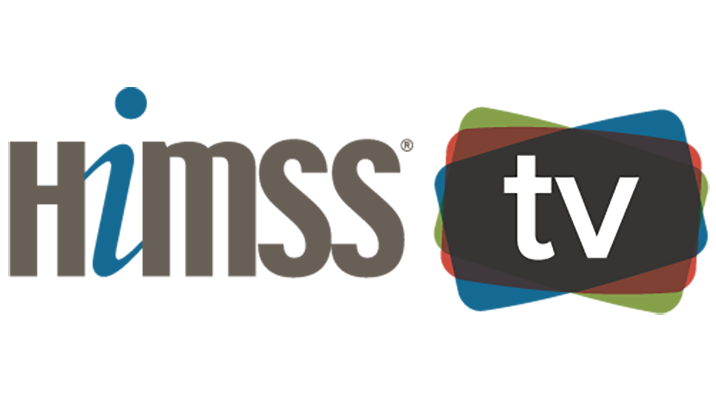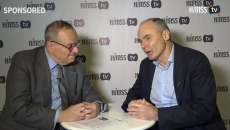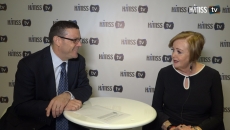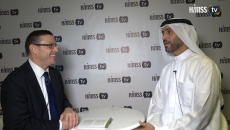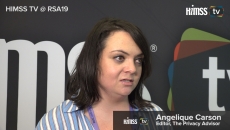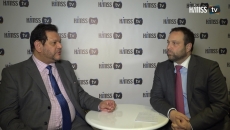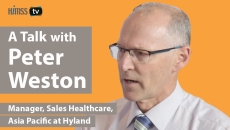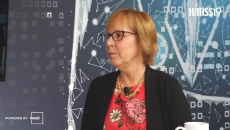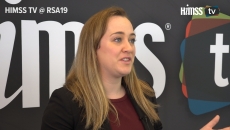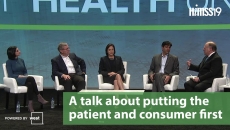HIMSS TV
Machine learning can provide medical records to physicians and nurses in a coherent manner so the data is usable and not overwhelming, says Ian McCrae, founder and CEO of Orion Health.
There’s game-changing tech on the healthcare horizon, but technology partners and clinical partners must be on the same page, says Prof. Jane Griffiths, associate professor and chief nursing information officer at the Dubai Health Authority.
His Excellency Awadh Seghayer Al Ketbi, Assistant Undersecretary for Support Services at Ministry of Health & Prevention in the UAE, describes how the government is using AI to improve outcome for patients and clinical staff.
Angelique Carson, editor of The Privacy Advisor at IAPP, says that EU citizens are better protected now that the General Data Protection Regulation is in place.
What’s needed to shape the future of healthcare IT is an understanding of common problems and solving them in a whole health economy, says Mike Fuller, regional managing director at InterSystems.
Hyland's ModLink captures measurements and metadata from multiple modalities and then normalizes the data to meet the business profiles of the organization, says Peter Weston of Asia Pacific, Hyland.
HIMSS VP of Informatics at Joyce Sensmeier discusses tools that engage patients with their data in ways that create a good relationship with providers — when the technology doesn't get in the way.
Maggie Brunner, program director of Cybersecurity, Emergency Communications & Technology with the National Governors Association, says healthcare CIOs can learn from state security strategies.
Kari Hedges, SVP at Blue Cross Blue Shield Association, and Laurent Rotival, SVP at Cambia Health Solutions, say three things are needed: The industry must put patients at the center, use standards like HL7 FHIR and get the entire ecosystem working together.
HIMSS CEO Hal Wolf discusses the interoperability rule that gives people full access to their clinical records with a panel of prominent individuals in the healthcare field.
